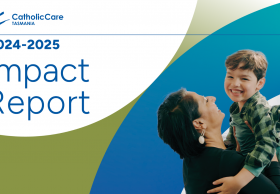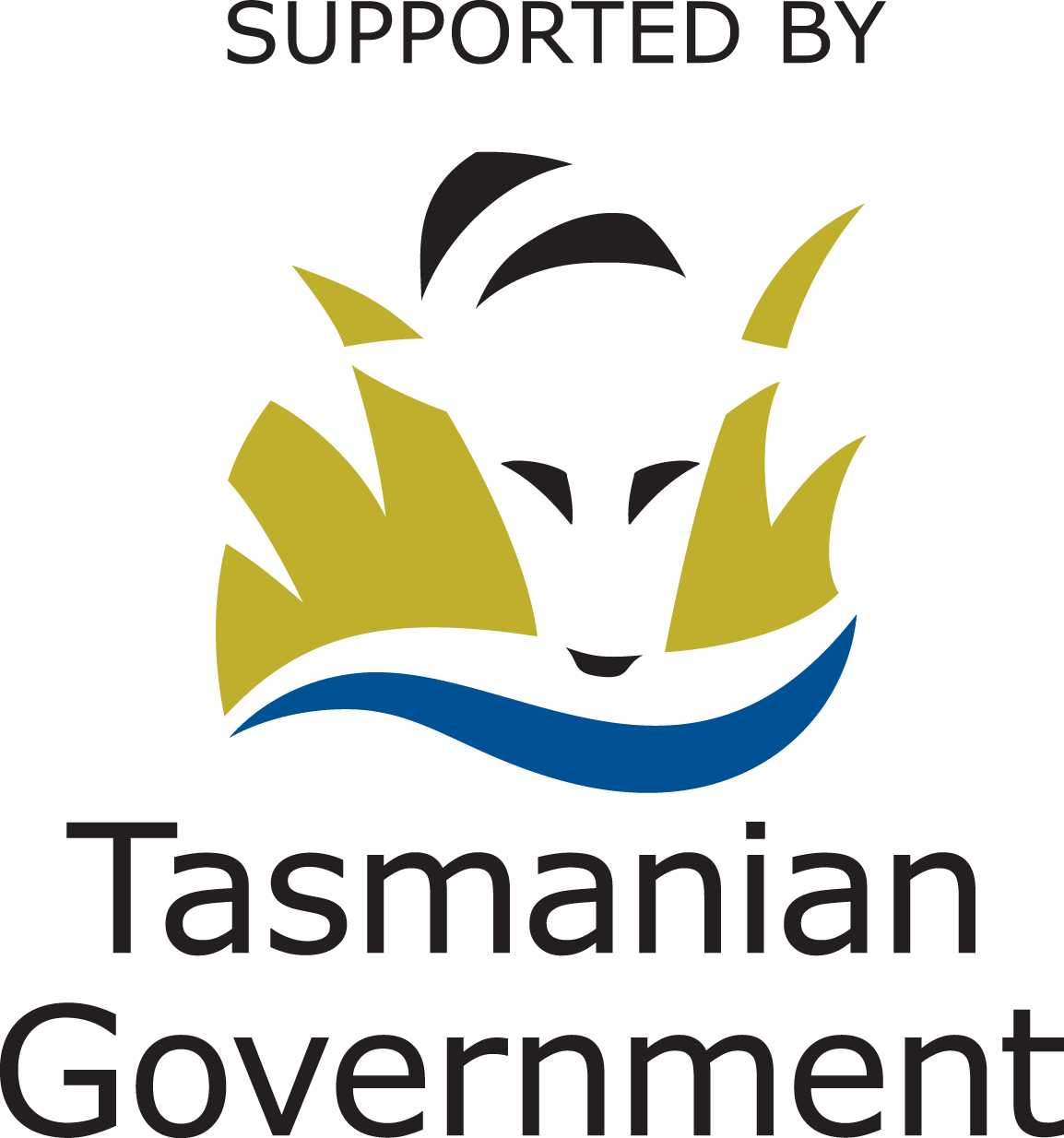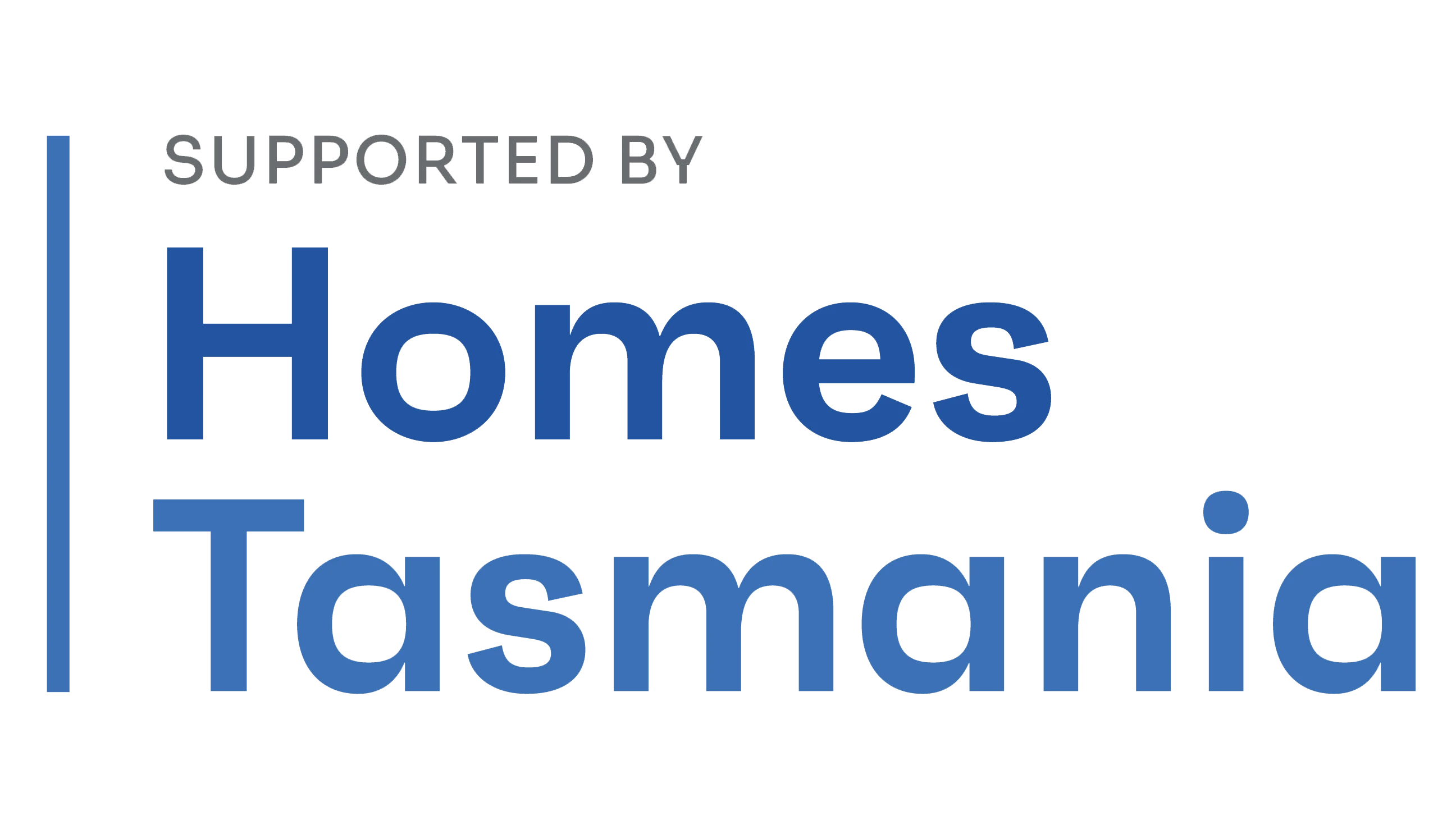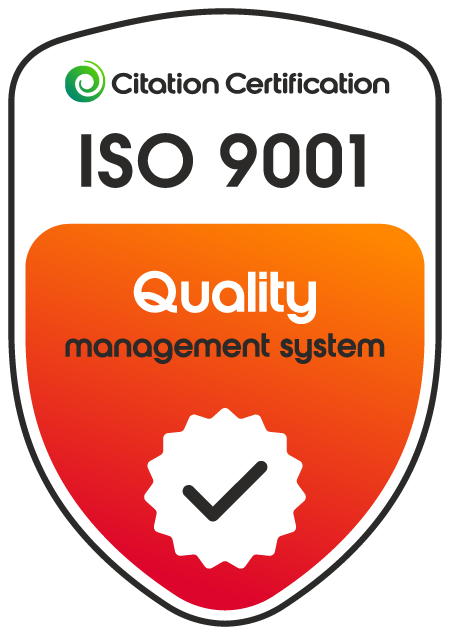The kind approach of CatholicCare school counsellors has been lifechanging, according to the mother of a local student.
“You made her feel valued, and her fears and worries heard,” she said.
“She has found a new calm and a voice for herself. She said it was what she needed.”
The school counselling program, which began in 2017, provides child-centred short to medium term therapeutic intervention to students enrolled in Tasmanian Catholic schools.
Counsellors work with students, parents or carers and teachers in a variety of ways, including individual counselling, facilitation of children’s group programs and activities, parent liaison, and consultation.
School Counselling Program State-wide Coordinator Cheree Waddle said over past years the program had grown rapidly with continued growth in the number of school counsellors and counselling hours provided to schools. It also expanded to include psychologists.
“It has been great to watch the program grow and allow many children and families the ability to access the therapeutic support that they require,” she said.
“The children demonstrate a positive engagement and outcomes from the program. The school counselling team hold a vast array of knowledge and skills by providing best practice to children in a child-focused way and the continued building of this program is envisaged for the future.”
Students can access the service with no fee incurred.

“As this occurs within their school day, they are not impacted by some of the barriers
that exist at times for families in accessing support,” Cheree explained.
“The school counsellor can advocate for children and work collaboratively with teachers to ensure their emotional and educational needs are met.”
Cheree said feedback from clients, parents and teachers supported the positive impact on children.
One student noted the sessions had been helpful, and that she found counselling “relaxing” and felt she could be “honest” in sessions.
She said she felt safe and was using the skills she had learned through sessions to better manage her anxiety.
Students can be referred to the school counselling program via their teachers, principal, and parents/guardians. The school counsellor will then liaise with the parents and engage with the child to provide the most appropriate intervention to support them. For further information contact Cheree Waddle on 1800 819 447.
Other news you may be interested in
The kind approach of CatholicCare school counsellors has been lifechanging, according to the mother of a local student.
“You made her feel valued, and her fears and worries heard,” she said.
“She has found a new calm and a voice for herself. She said it was what she needed.”
The school counselling program, which began in 2017, provides child-centred short to medium term therapeutic intervention to students enrolled in Tasmanian Catholic schools.
Counsellors work with students, parents or carers and teachers in a variety of ways, including individual counselling, facilitation of children’s group programs and activities, parent liaison, and consultation.
School Counselling Program State-wide Coordinator Cheree Waddle said over past years the program had grown rapidly with continued growth in the number of school counsellors and counselling hours provided to schools. It also expanded to include psychologists.
“It has been great to watch the program grow and allow many children and families the ability to access the therapeutic support that they require,” she said.
“The children demonstrate a positive engagement and outcomes from the program. The school counselling team hold a vast array of knowledge and skills by providing best practice to children in a child-focused way and the continued building of this program is envisaged for the future.”
Students can access the service with no fee incurred.

“As this occurs within their school day, they are not impacted by some of the barriers
that exist at times for families in accessing support,” Cheree explained.
“The school counsellor can advocate for children and work collaboratively with teachers to ensure their emotional and educational needs are met.”
Cheree said feedback from clients, parents and teachers supported the positive impact on children.
One student noted the sessions had been helpful, and that she found counselling “relaxing” and felt she could be “honest” in sessions.
She said she felt safe and was using the skills she had learned through sessions to better manage her anxiety.
Students can be referred to the school counselling program via their teachers, principal, and parents/guardians. The school counsellor will then liaise with the parents and engage with the child to provide the most appropriate intervention to support them. For further information contact Cheree Waddle on 1800 819 447.
Other news you may be interested in
Other news








